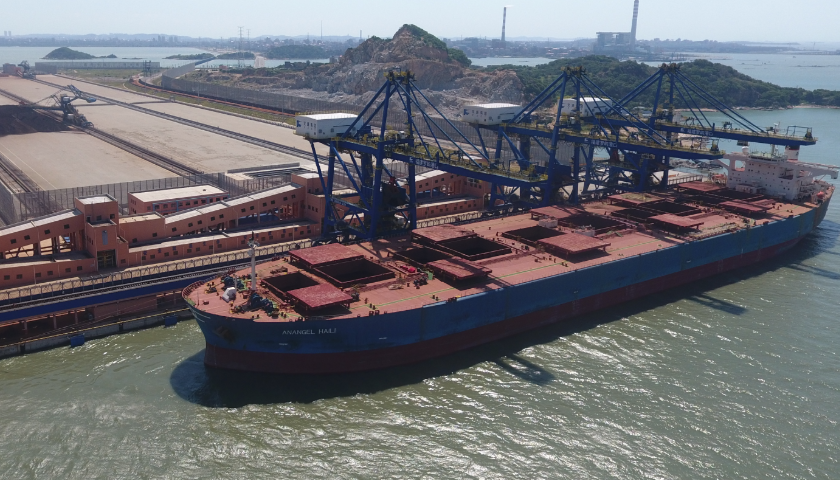
International Logistics, also known as global logistics, refers to the physical transfer of goods to overcome the spatial and temporal distance between production and consumption in two or more independent countries, in order to achieve the ultimate goal of international commodity trading, which is to achieve the seller's delivery of documents, goods, and collection of payment; The buyer accepts the trade terms of documents, payment, and receipt of goods.

1、 Guarantee of information systems
Informatization is an important support tool for international logistics, especially for intermodal logistics. The difficulty of establishing an international information system is twofold: firstly, it is difficult to manage; secondly, there is a large investment in funds; thirdly, in some regions of the world, the level of logistics informatization is high, while in others, it is low. Therefore, there may be an imbalance in the level of informatization, making informationization construction even more difficult.
The current better international logistics information system is online with the public information systems of customs in various countries, in order to timely understand the actual situation of various ports, airports, intermodal routes, and stations, and support supply or sales logistics decisions. The international logistics based on EDI is the earliest "Electronic data interchange", and the international logistics based on EDI will greatly affect the internationalization of logistics.
2、 Wide system scope
Its own functional elements and the connection between the system and the external world are very complex. Adding elements from various countries to this complex system, international logistics not only has a vast territory and space, but also involves many internal and external factors, which takes a long time. The direct consequence of this is an increase in difficulty and complexity, and an increase in risk.
Because of this, the impact of integrating modern system technology into international logistics is more significant than before.
3、 Complexity
In the economic activities of various countries around the world, the three links of production, circulation, and consumption are closely linked. Due to differences in social systems, natural environments, management methods, and production habits among different countries, some factors vary greatly, making the organization of goods from production to consumption very complex.
The complexity of international logistics mainly includes the complexity of setting up international logistics communication systems, differences in management environments, and differences in operating conditions. This is an obstacle that international trade and logistics need to overcome.
4、 Irregular
Irregular international logistics refers to the irregular and uncoordinated functioning of logistics systems in different international logistics due to different regions or geographical environments and operational standards. Therefore, in the logistics process, the contradiction between logistics demand and capacity should be avoided or reduced as much as possible.
5、 Logistics system
Internationalized logistics must be supported by international information systems, and each logistics enterprise has its own logistics system for data statistics, queries, integration, and settlement. Informatization is an important support tool for international logistics, especially for intermodal logistics. The difficulty of establishing an international information system is twofold: firstly, it is difficult to manage; secondly, there is a large investment in funds; thirdly, in some regions of the world, the level of logistics informatization is high, while in others, it is low. Therefore, there may be an imbalance in the level of informatization, making informationization construction even more difficult.
The current better international logistics information system is online with the public information systems of customs in various countries, in order to timely understand the actual situation of various ports, airports, intermodal routes, and stations, and support supply or sales logistics decisions.
6、 Standardization
The demand for international logistics standardization is increasing. In order to facilitate international logistics, unified standards are very important. It can be said that without unified standards, the level of international logistics cannot be considered high. Now, the United States and Europe have basically implemented logistics methods. As far as logistics information transmission technology is concerned, European countries have achieved standardization not only within enterprises, but also between enterprises and between the European Tongil Market, which makes the systems between European countries simpler and more effective than those with Asian, African and other countries.
The purpose of logistics is to meet the needs of customers and smoothly deliver goods to their destination at the lowest cost through transportation, storage, distribution, and other means.
 Home
Home
 Business
Business
 News
News
 Contact
Contact